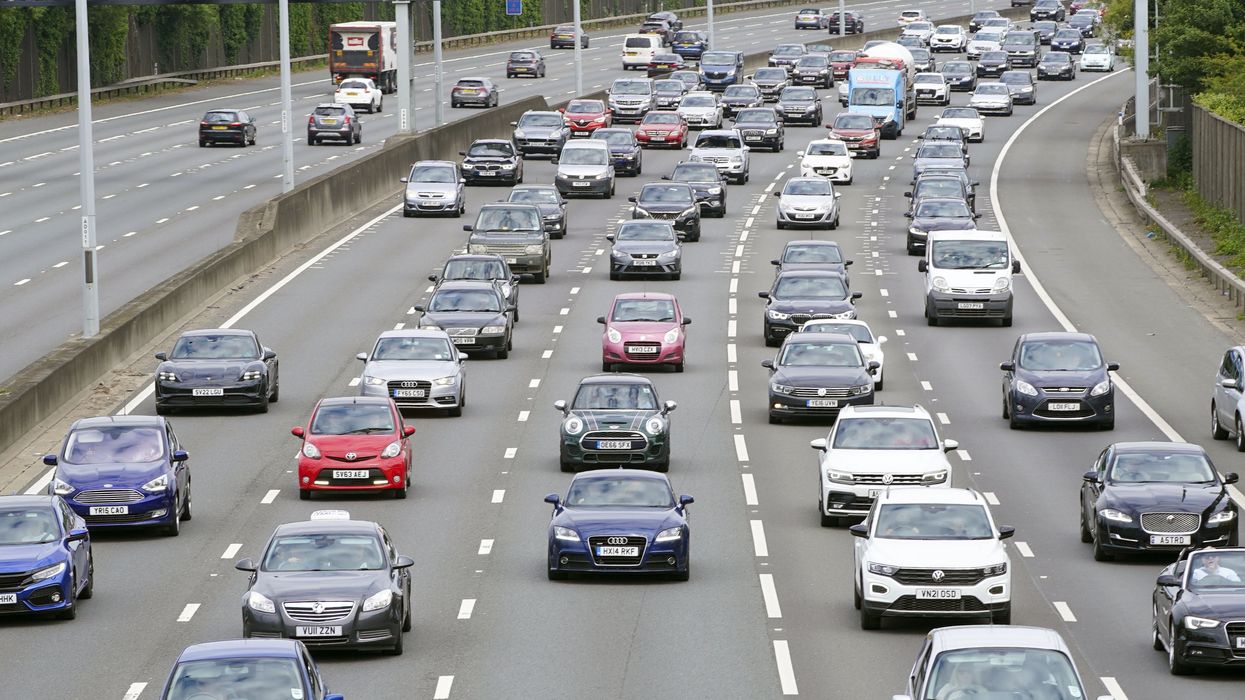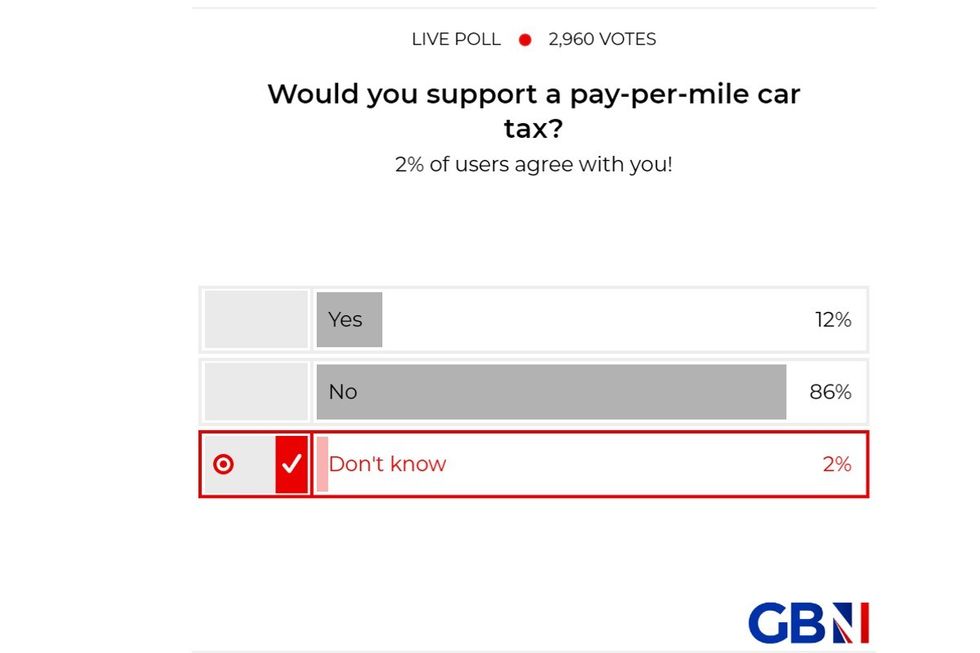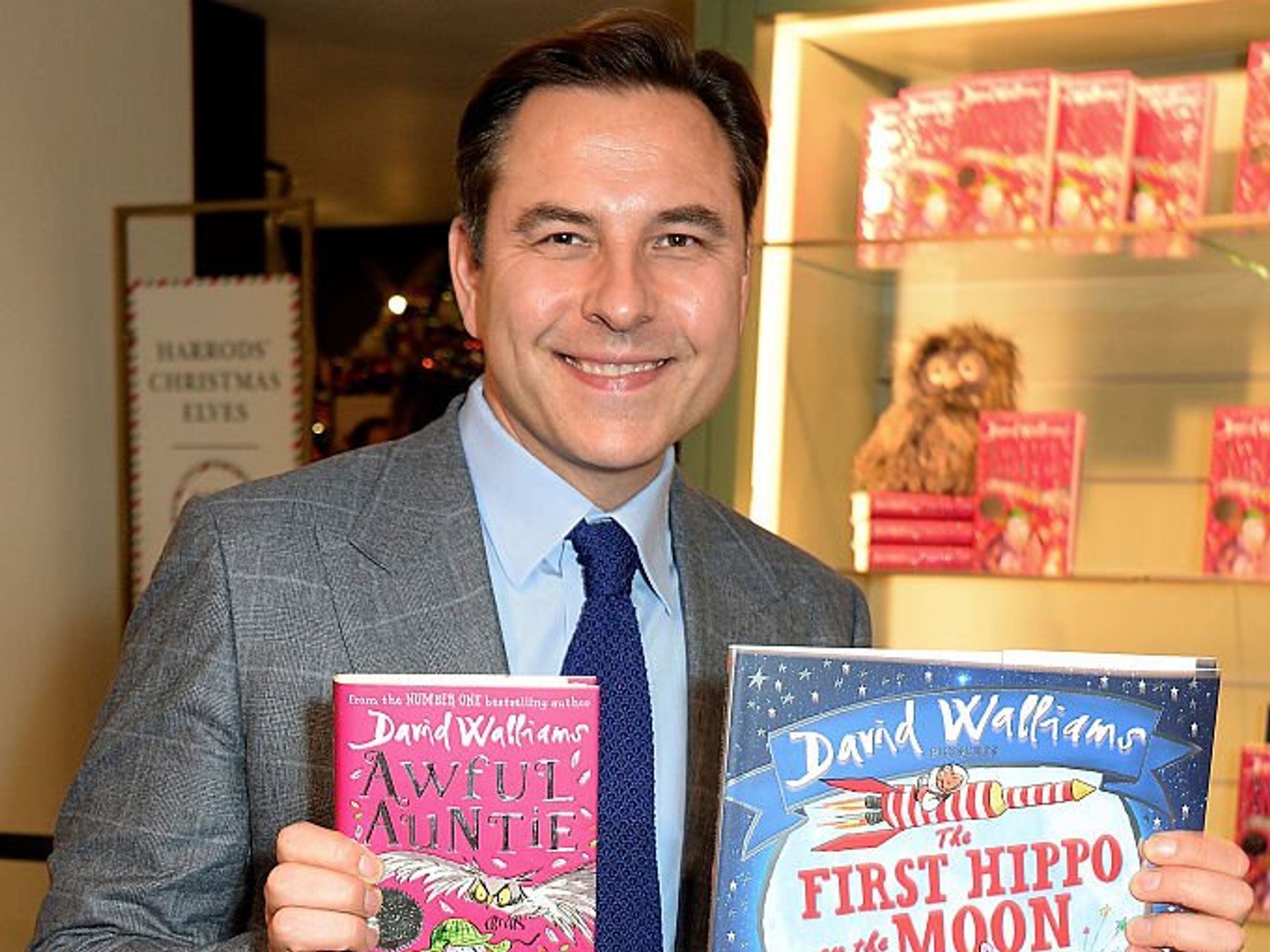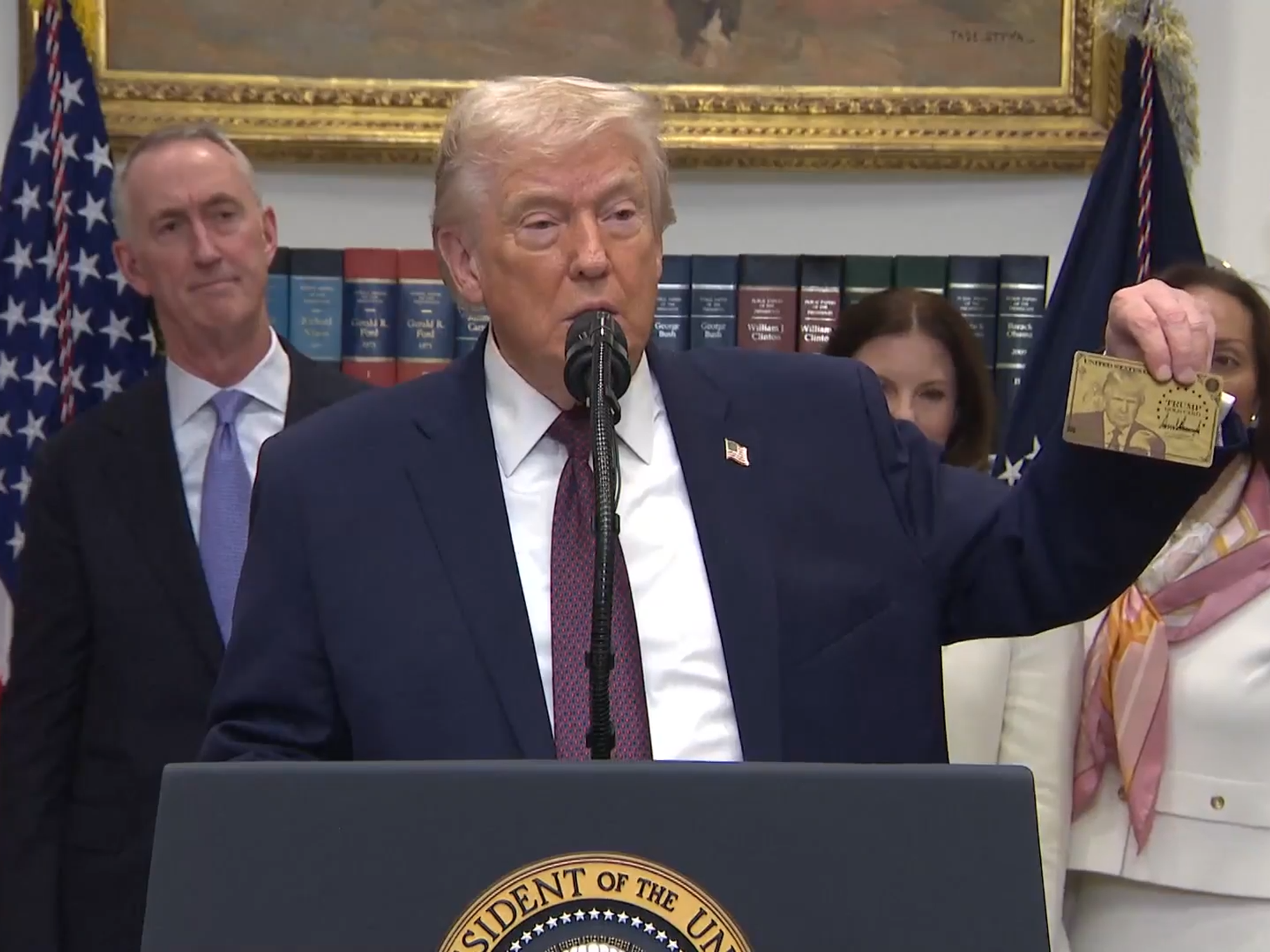POLL OF THE DAY: Would you support a pay-per-mile car tax? YOUR VERDICT


Would you support a pay-per-mile car tax? Have your say in the comments section below
Don't Miss
Most Read
Rachel Reeves could be planning to introduce a controversial pay-per-mile car tax in the upcoming Autumn Budget which could help the Government claw back revenue from the falling rate of fuel duty.
Such a road pricing scheme would effectively see motorists charged for using their vehicles.
Reports suggest that those living in rural areas and those who have to drive for work would be the worst impacted by a pay-per-mile scheme.
A pay-per-mile scheme would see drivers charged higher taxes if they use the road more often, with this system likely to work in conjunction with how polluting their vehicle is.

POLL OF THE DAY: Would you support a pay-per-mile car tax? YOUR VERDICT
|GB News
Some experts have suggested that motorists could be given a certain limit of "free miles", including those in rural areas as they have to travel further to access necessities like shops and hospitals.
AA President Edmund King had previously backed such a scheme, especially after the pandemic when car usage was not as high. However, he now believes that if a road pricing scheme were to be introduced, measures would need to roll out alongside it to support motorists.
He said: "If in the future a system is introduced, it must have incentives for those dependent on their cars in rural areas, disabled drivers, and shift workers.
“The scheme should be overseen by an independent body and should not aim to raise more revenue than is currently raised from drivers,” he told Auto Express.
In the exclusive poll for GB News membership readers, an overwhelming majority (86 per cent) of the 2,960 voters would not support a pay-per-mile car tax, while just 12 per cent said they would. Two per cent said they did not know.







